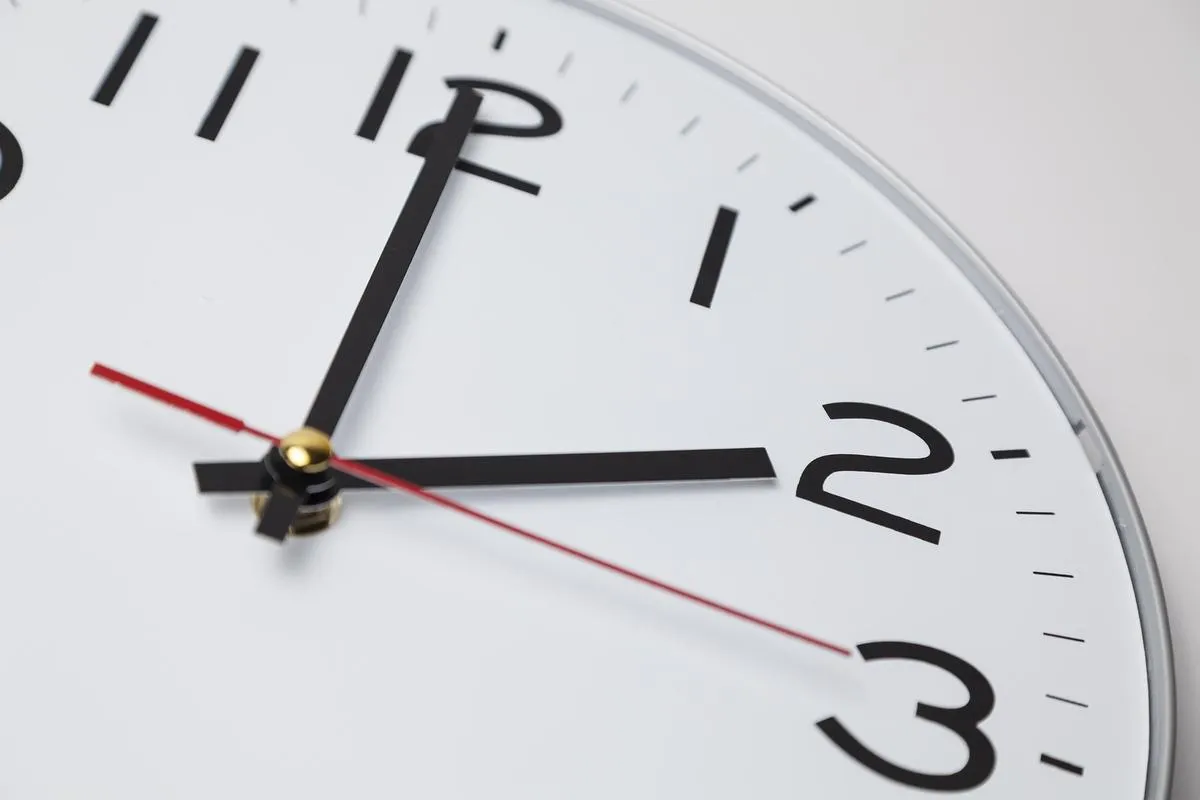Join Our Newsletter
Join us for exclusive content and a 15% discount
![[object Object] image](/_astro/dobb.Ct3gpoKw_1kNK9i.webp)

Researchers found that our attention is drawn to time-sensitive tasks. We even prefer to focus on these tasks over less urgent tasks that offer greater rewards. How short-sighted is that? This psycological quirk— dubbed the “Mere-Urgency Effect” — explains why we are so bad at task and time management. We are more likely to prioritize tasks with a deadline over tasks without one regardless of their long-term payoffs The Mere-Urgency Effect
But there’s good news too— the Mere-Urgency Effect can be reversed. When study participants had to consider the consequences of their choices at the time of selection, they were significantly more likely to choose the important task over the urgent one. Thus, if you keep the long-term importance of non-urgent tasks in view, you can overcome the default choice of choosing urgent distractions and focus on what really matters.
The main challenge with any Matrix is to correctly identify the tasks that take you off your project course versus those tasks that actually get you closer to your goal. If we don’t get a handle on this fundamental time management issue, it can leave us wishing we could get things done instead of actually getting them done.
*/}
Join us for exclusive content and a 15% discount